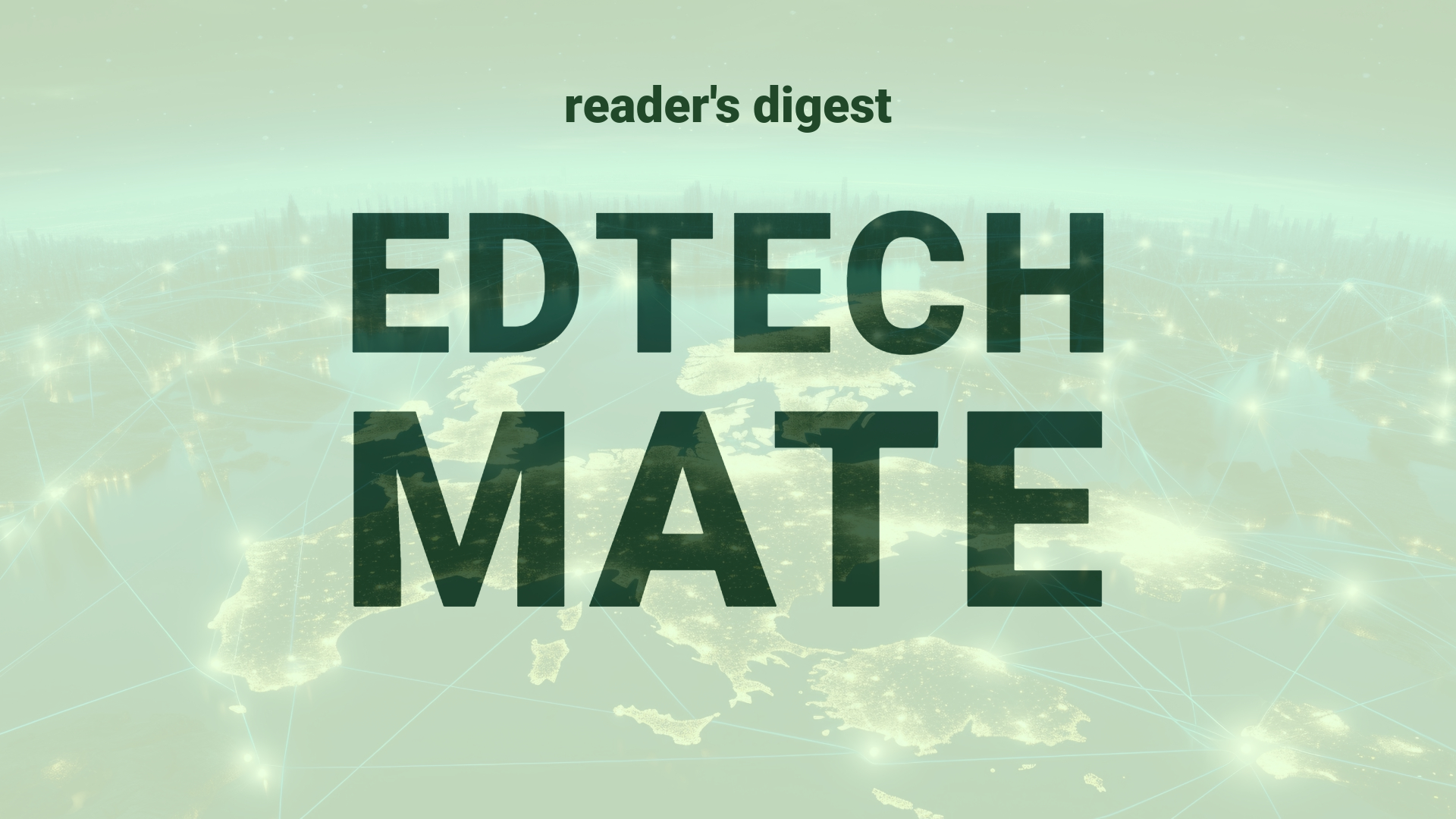“`html
Executive Summary and Main Points
Key innovations within the realm of international education technology emphasize the struggle against increasing IT complexity. Chief Information Officers (CIOs) are at the forefront, driving digital transformation while juggling challenges from complex infrastructures, network connections, data proliferation, and the integration of diverse systems, including those stemming from mergers and acquisitions. With a proliferation of both shadow IT and generative AI, there is an urgent need for harmonization, integration, and simplification tools, coupled with disciplined IT and business governance, to maintain the balance between innovation and system manageability.
Potential Impact in the Education Sector
The incessant growth of IT complexity and the imperative for digitalization have direct implications for Further Education, Higher Education, and Micro-credentials. The integration of various IT systems and the governance thereof could streamline administrative functions, enhance the student experience, and offer more agile delivery of educational content. Strategic partnerships can facilitate exchanges of best practices, innovative learning technologies, and can lead to a better understanding of global education dynamics. Integrative tools and governance play pivotal roles in supporting educators and institutions in adapting to digital transformation efforts.
Potential Applicability in the Education Sector
Innovative applications of AI and digital tools bear the potential to revolutionize global education systems. For instance, AI could help personalize learning experiences or automate administrative tasks, allowing institutions to direct resources towards student engagement and success. Additionally, AI-driven analytics can offer deeper insights into learning patterns, ushering in improvements in curriculum design and delivery. Integrated platforms might facilitate cross-institutional collaborations and provide seamless access to an eclectic mix of higher education resources from around the world.
Criticism and Potential Shortfalls
Despite the promise of IT simplification tools and governance, several issues cannot be ignored. There is the risk that technologies might become obsolete as they are being implemented due to rapid evolution in the field. Cultural and ethical considerations must be taken into account, especially with regards to privacy and equity in education technology deployment. International case studies reveal disparate impacts based on geography, socio-economic factors, and institutional readiness. For example, while advanced economies may efficiently incorporate these tools, developing regions might struggle with implementation, widening the digital divide.
Actionable Recommendations
To harness the power of IT innovations and governance, international education leadership is advised to undertake the following strategies: Prioritize interdisciplinary dialogue within the institution to align with digital transformation objectives; Engage in global consortia that focus on sharing knowledge and tools for education technology; Ensure ongoing professional development for educational staff focused on the use of integrated IT systems; Advocate for scalable and adaptable governance frameworks that align with the evolving nature of IT; and Foster ethical practices in the deployment of IT systems to support inclusivity and equity in the education sector. Real-world trials and collaborative research projects can aid in refining these technologies for the unique context of global higher education.
“`
Source article: https://www.cio.com/article/2069395/governance-and-fighting-the-curse-of-complexity-2.html

